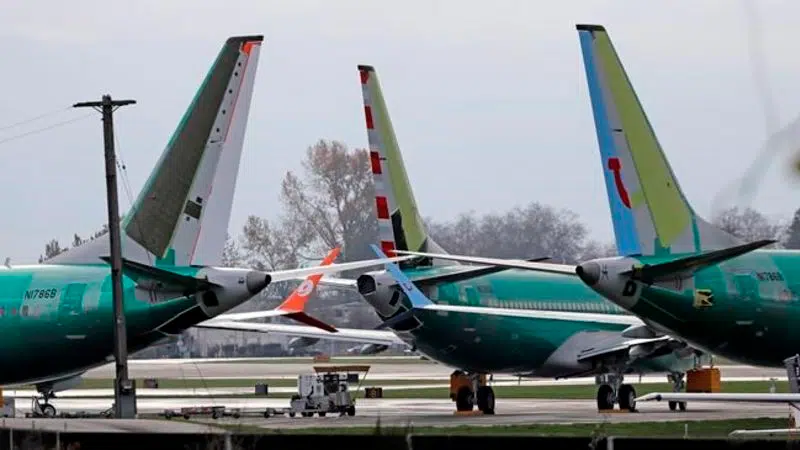
Transport Minister says he would board a Boeing 737 despite crash
MONTREAL — Transport Minister Marc Garneau said he would board “without hesitation” the type of aircraft that crashed in the Ethiopian Airlines tragedy on Sunday, stressing his confidence in the new plane.
Garneau’s remarks came minutes after a statement from the Air Canada Pilots Association that called on the minister “to take proactive action to ensure the safety of the Canadian travelling public.”
The crash, which killed all 157 aboard the Boeing 737 Max 8 — including 18 Canadians — has raised concerns over parallels to a Lion Air crash of the same model of aircraft in Indonesia last October, killing 189 people.


